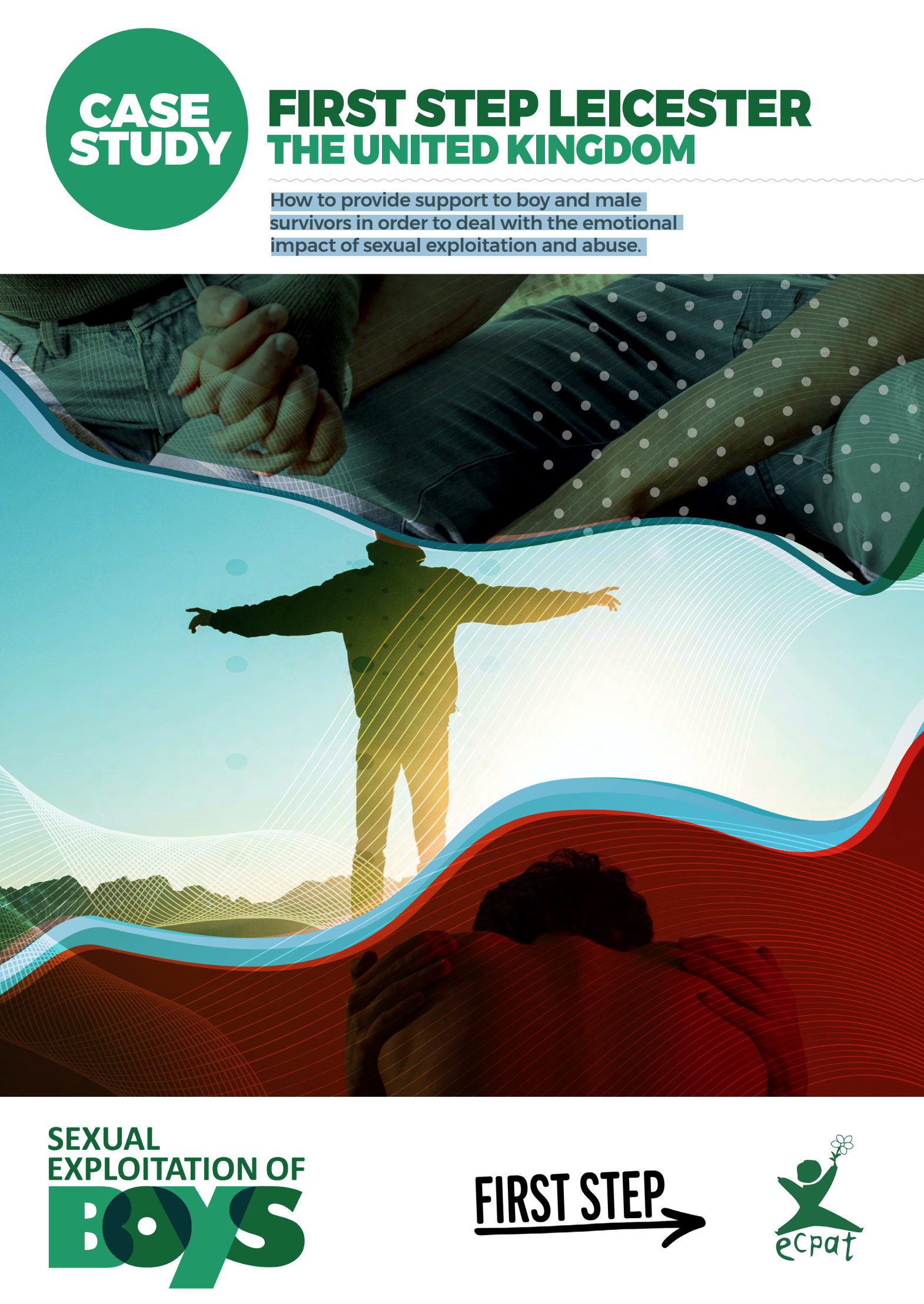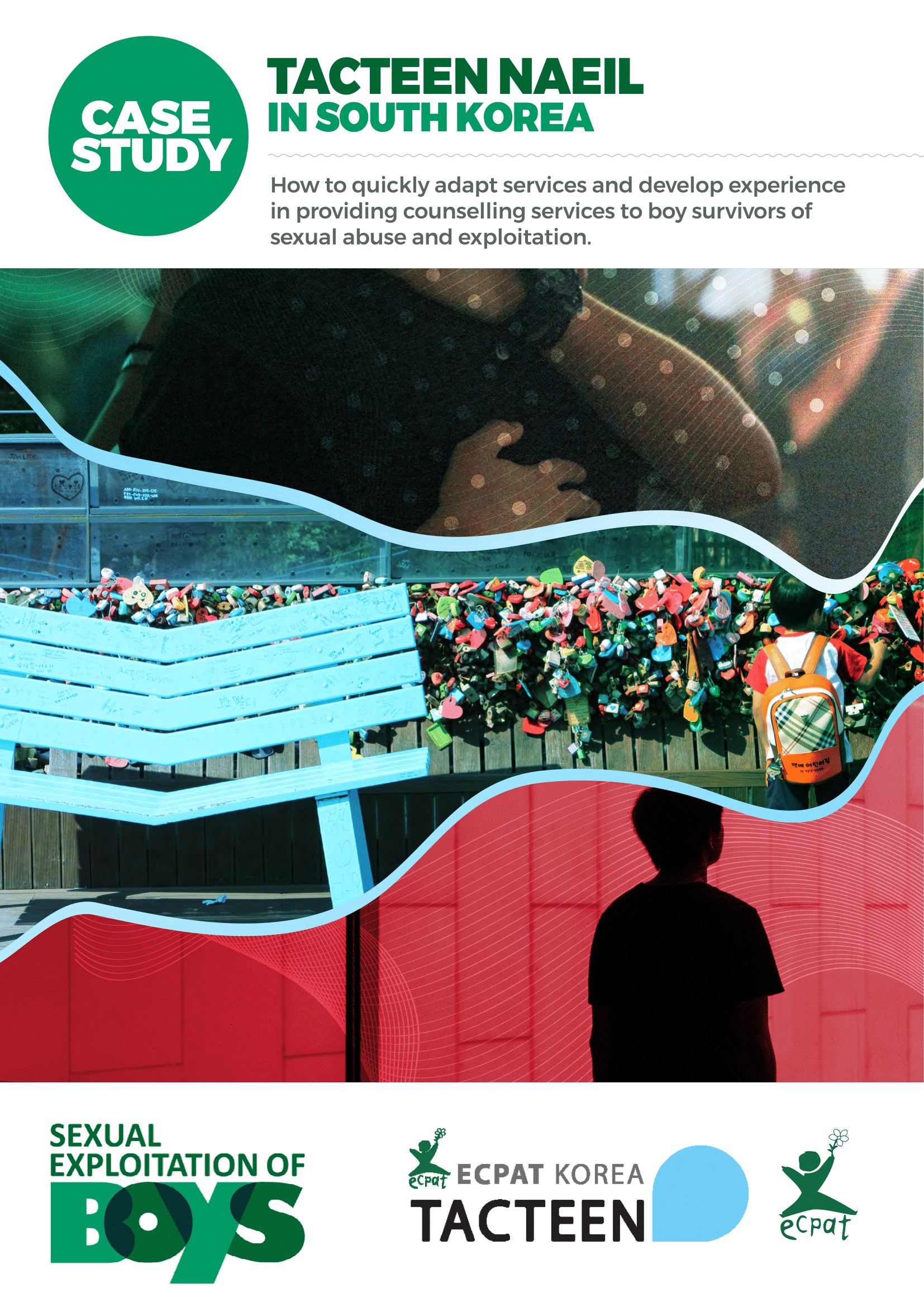
They are expected to be invulnerable, demonstrate unending strength, to be self-sufficient, and when faced with adversity – to supress their emotions and solve their own problems. Daring to deviate from these norms, by asking for help, for example, can be regarded as a form of a weakness or “failing to be a ‘real man’”.
The same gender norms can even prevent boys from recognising that they have been victimised or impact the ways they show they need help. Conversely, they also make it hard for others to recognise that boys are just as likely to be vulnerable.
While children of all genders, ages, ethnicities, and socio-economic groups can be victims of sexual exploitation and abuse, boys tend to be overlooked as victims.
Data on the sexual exploitation of all children is generally lacking, but this is even more poignant when looking at how boys are specifically affected. Yet, the limited evidence that is available suggests that in certain contexts, boys are just as heavily impacted as girls—maybe even more.


In 2021, ECPAT International launched the Global Boys Initiative to examine the scale and scope of the issue and understand how boys come into these vulnerable situations.
Similar findings were observed across the 10 countries where research was conducted, including:
Using these learnings, the Global Boys Initiative is now focusing on how to respond to these issues, the challenges around this issue, and how to support boys and service providers to effectively address sexual exploitation.
From community programmes to counselling services, there is no one-size-fits-all solution to support boy survivors. However, there is a need for support services to take more inclusive approaches to helping boys.
In collaboration with members of ECPAT International and other civil society organisations, ECPAT International has published a series of case studies documenting the diverse practices and approaches of service providers around the world who support at-risk boys or victims of sexual exploitation and abuse.
Each case study explores the issues and challenges that arise when working with boy survivors across different contexts and communities, and aims to contribute to the global question of “how can we work with boys at risk and boy survivors of sexual exploitation and abuse with a gender-sensitive approach?”.
Read the case studies below.

The United Kingdom

South Korea
About ECPAT’s Global Boys Initiative
Listen:
Comment, like and share to help us get the word out! #ECPATBoysStudy
Twitter | Facebook | Instagram | Linkedin